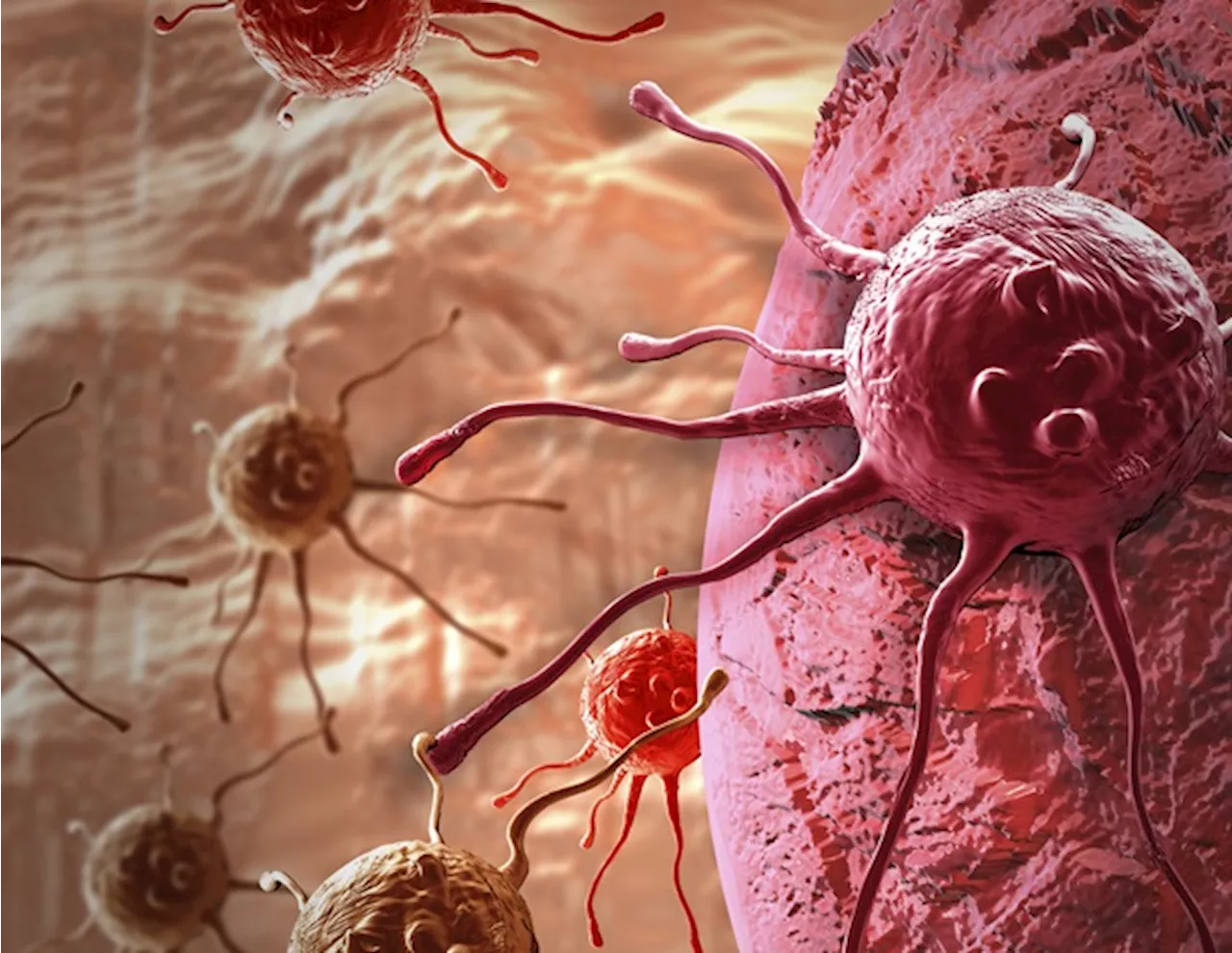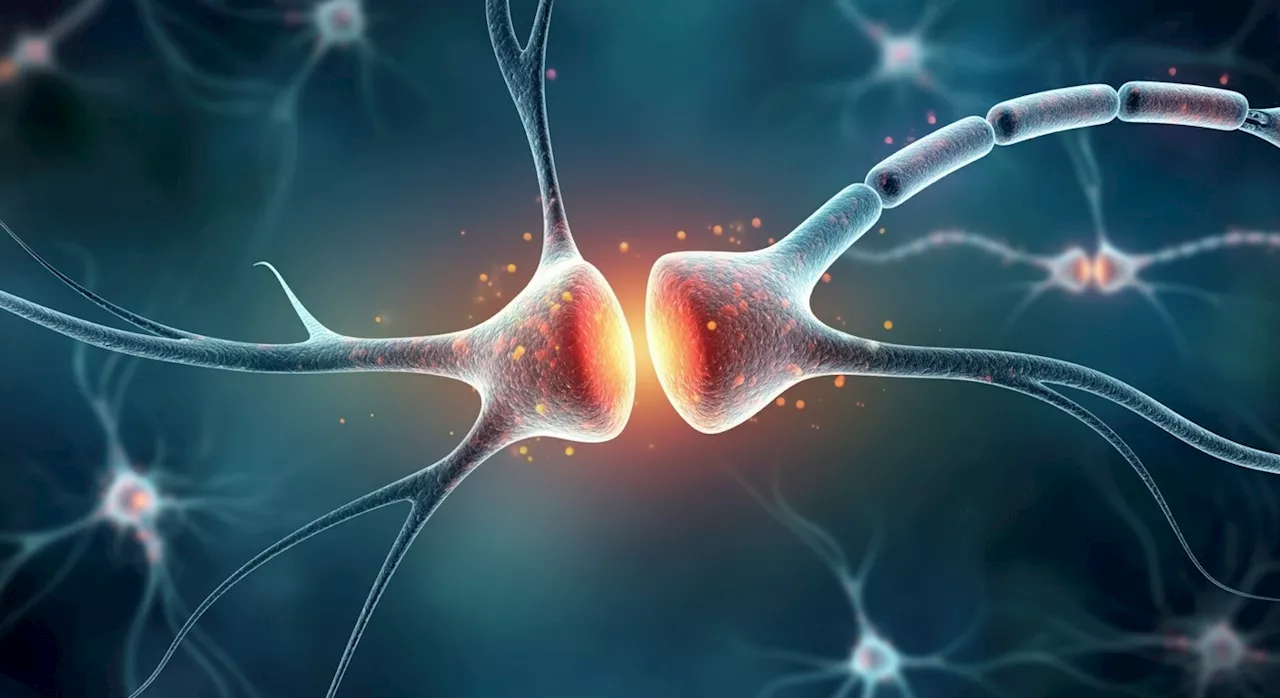A new study from the University of Delaware explores the genetic factors contributing to obesity, a growing health concern affecting millions of Americans. By examining gene expression in adipose tissue of animal models, researchers identified key differences between subcutaneous and visceral fat, highlighting the potential for targeted interventions to mitigate obesity-related health risks.
A new study from the University of Delaware is shedding light on the genetic underpinnings of obesity, a condition that affects a significant portion of the American population. According to the Centers for Disease Control and Prevention (CDC), as many as 40% of Americans are obese, increasing their risk for various health complications, including high blood pressure, diabetes, stroke, heart disease, and certain cancers.
Traditionally viewed as mere fat storage, adipose tissue, the body's fat, is now recognized as a crucial endocrine organ. Dysfunction in this tissue is strongly linked to cardiovascular and metabolic diseases. Principal investigator Ibra Fancher, an assistant professor of kinesiology and applied physiology at UD's College of Health Sciences, led a research team that investigated how diet impacts gene expression in adipose tissue using an animal model. One group of animals consumed a diet resembling a typical Western diet, characterized by high fat and high calories, while the other group ate a standard chow for over a year. The results, published in Physiological Genomics, revealed significant differences in gene expression between the two groups. The study, funded by a National Institutes of Health grant to UD's Center of Biomedical Research Excellence (COBRE) in Cardiovascular Health, found that over 300 genes were differentially expressed in subcutaneous adipose tissue (SAT), a less harmful form of fat. Conversely, nearly 700 genes were differentially expressed in visceral adipose tissue (VAT), the fat surrounding vital organs. VAT, known to elevate the risk for serious health issues, showed a more pronounced response to the high-fat diet. Fancher emphasized the stark contrast between VAT and SAT, highlighting that the expansion of visceral fat, coupled with its inflammatory role in obesity and metabolic diseases, is particularly concerning. The research underscores the significant impact of obesity, often stemming from poor dietary choices and a sedentary lifestyle, on specific adipose tissues. This finding suggests that targeting these tissues could be a valuable strategy for mitigating the health risks associated with obesity. Fancher's team identified four genes related to metabolism, calcium handling, and inflammation that warrant further investigation. These genes hold potential as therapeutic targets, either through existing medications or the development of new treatments specifically designed to influence their activity. The study's innovative approach involved collaboration with experts in sequencing, genotyping, bioinformatics, and data science. This multidisciplinary collaboration allowed for a comprehensive analysis of gene expression data, pinpointing obesity-related genes and pathways that differed between VAT and SAT. Malak Alradi, a doctoral student in molecular biology and genetics, played a crucial role in organizing the identified genes into pathways, providing a deeper understanding of their biological significance. Alradi's observations revealed the profound impact of obesity on VAT compared to SAT, emphasizing the need for targeted interventions. Stringent statistical methods further confirmed the key findings regarding adipose depots, including changes in metabolism and inflammation, bolstering confidence in the identified genes. Fancher plans to extend the research by investigating gene expression in human adipose tissue, paving the way for potential clinical applications
OBESITY GENETICS ADIPOSE TISSUE DIET RESEARCH UNIVERSITY OF DELAWARE
United Kingdom Latest News, United Kingdom Headlines
Similar News:You can also read news stories similar to this one that we have collected from other news sources.
 Researchers uncover new mutation mechanism driving cancer progressionOsteosarcoma is a type of aggressive bone cancer that most commonly affects children and young adults between the ages of 10 and 20, during times of rapid bone growth. Although rare, it has a significant impact on young people and their families as treatment can require surgery or amputation.
Researchers uncover new mutation mechanism driving cancer progressionOsteosarcoma is a type of aggressive bone cancer that most commonly affects children and young adults between the ages of 10 and 20, during times of rapid bone growth. Although rare, it has a significant impact on young people and their families as treatment can require surgery or amputation.
Read more »
 Decades of DNA expansion linked to Huntington’s disease neurodegenerationResearchers uncover how slow CAG repeat expansions in neurons drive Huntington’s disease over decades.
Decades of DNA expansion linked to Huntington’s disease neurodegenerationResearchers uncover how slow CAG repeat expansions in neurons drive Huntington’s disease over decades.
Read more »
 University of Nebraska-Lincoln Researchers Launch Startup Targeting Precision Therapeutics DeliveryMinovacca, a new startup company founded by researchers at the University of Nebraska-Lincoln, aims to revolutionize therapeutic delivery using natural nanoparticles found in milk. The technology utilizes bioorthogonal chemistry to precisely target therapeutics, gene editing tools, and plasmids to specific locations in the human body, minimizing off-target effects and enhancing treatment efficacy.
University of Nebraska-Lincoln Researchers Launch Startup Targeting Precision Therapeutics DeliveryMinovacca, a new startup company founded by researchers at the University of Nebraska-Lincoln, aims to revolutionize therapeutic delivery using natural nanoparticles found in milk. The technology utilizes bioorthogonal chemistry to precisely target therapeutics, gene editing tools, and plasmids to specific locations in the human body, minimizing off-target effects and enhancing treatment efficacy.
Read more »
 University of Liège Researchers Discover New Mechanism Regulating Immune Response to ParasitesResearchers at the University of Liège have uncovered a previously unknown mechanism that regulates the immune response against parasites. During a parasitic infection, specific immune cells, known as virtual memory T cells (TVM), become activated and express a surface molecule called CD22, which prevents an excessive immune reaction. This discovery could help in better-controlling inflammation and improving immune responses to infections.
University of Liège Researchers Discover New Mechanism Regulating Immune Response to ParasitesResearchers at the University of Liège have uncovered a previously unknown mechanism that regulates the immune response against parasites. During a parasitic infection, specific immune cells, known as virtual memory T cells (TVM), become activated and express a surface molecule called CD22, which prevents an excessive immune reaction. This discovery could help in better-controlling inflammation and improving immune responses to infections.
Read more »
 University of Michigan Researchers Validate At-Home Urine Test for Prostate CancerA new study from the University of Michigan Health Rogel Cancer Center has clinically validated a urine test called MyProstateScore 2.0 (MPS2) that could potentially replace invasive procedures for prostate cancer screening in men who are unlikely to benefit. MPS2 analyzes 18 genes linked to high-grade prostate cancer and has shown high accuracy in detecting aggressive cancers, surpassing the sensitivity of blood tests.
University of Michigan Researchers Validate At-Home Urine Test for Prostate CancerA new study from the University of Michigan Health Rogel Cancer Center has clinically validated a urine test called MyProstateScore 2.0 (MPS2) that could potentially replace invasive procedures for prostate cancer screening in men who are unlikely to benefit. MPS2 analyzes 18 genes linked to high-grade prostate cancer and has shown high accuracy in detecting aggressive cancers, surpassing the sensitivity of blood tests.
Read more »
 'We are Telford and Shropshire's university' - Harper Adams reaffirms commitment as Wolverhampton University abandons TelfordThe county's leading Harper Adams University has reaffirmed its commitment to Shropshire.
'We are Telford and Shropshire's university' - Harper Adams reaffirms commitment as Wolverhampton University abandons TelfordThe county's leading Harper Adams University has reaffirmed its commitment to Shropshire.
Read more »
